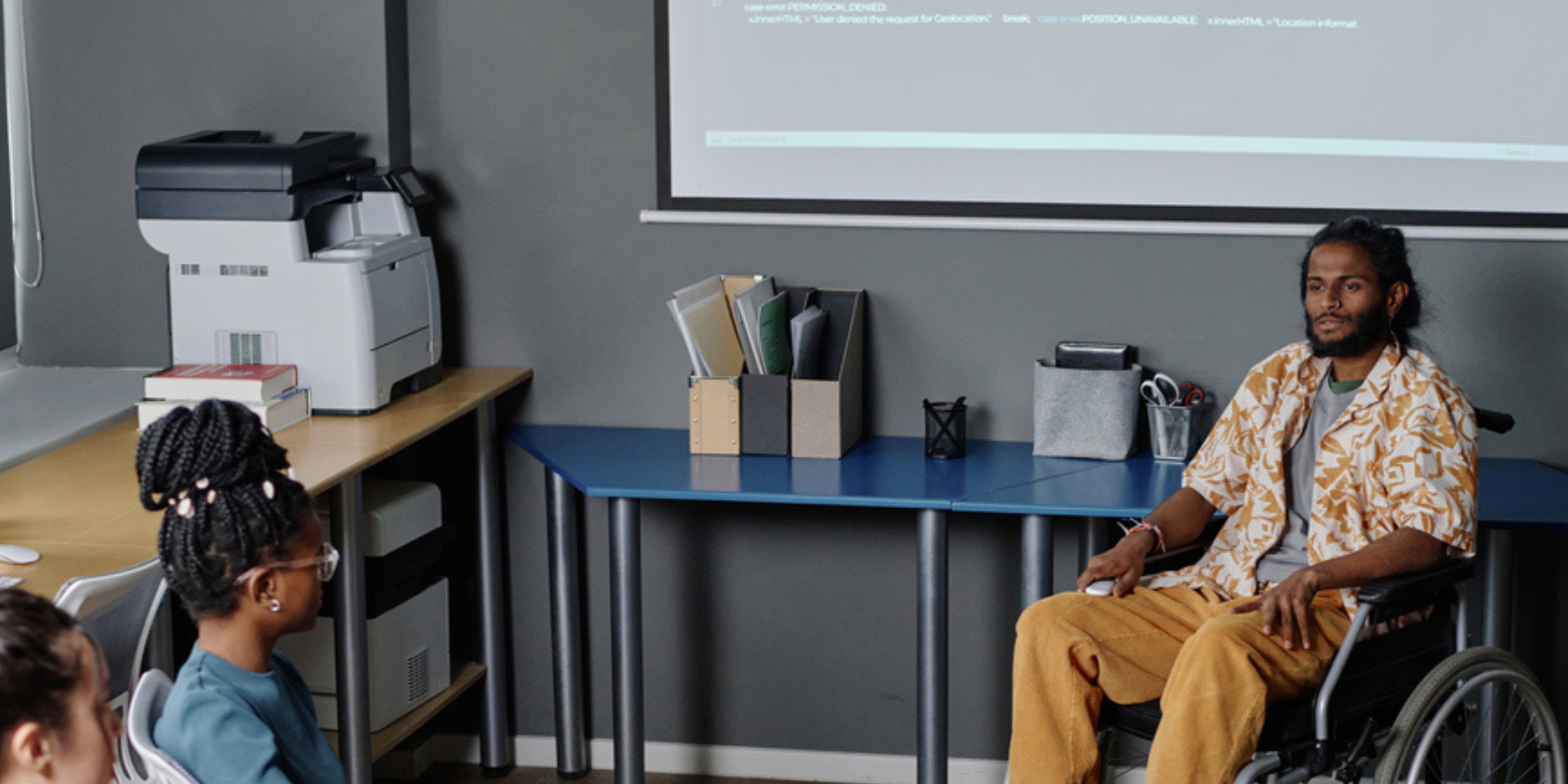Canada’s Career Development Landscape: Hidden Sector, Hidden Talent, and Next Steps Revealed
February 15, 2024Beyond the Hype: Your Complete Roadmap to Using AI Tools to Improve Career Services
February 26, 2024In a significant advance forward in the field of career development, CERIC and the Canadian Association for Supported Employment (CASE) proudly announce the launch of their first online course, “An Intersectional Approach to Supporting Career Development” moving towards greater equity and empowerment for clients.
Canada’s workforce thrives on its diversity, with each individual bringing unique identities and experiences. Understanding his diversity is crucial for career and employment professionals, especially when addressing the needs of BIPOC-D communities. CASE’s Diversity Works report underlines how racialized Canadians with disabilities often face unstable work conditions, despite being qualified. Given that 14.3% of Canadians over 15 with disabilities belong to visible minority groups, an intersectional approach is vital for employment professionals to effectively support their job search.
Crafted with a keen understanding of the nuanced challenges faced by Black, Indigenous and People of Colour communities who experience disability (BIPOC-D), this 6-weeks certificate program will enable career professionals with the awareness, tools and insights needed to navigate the complexities of intersectionality in career development, support and assist clients to advance in their chosen careers.
Participants can expect to:
- Reflect on their own privilege and biases to explore how they impact the services they provide to Racialized, Indigenous and People of Colour people who experience disability.
- Deepen their awareness and understanding of different social identities and their interconnectedness as it relates to career development.
- Address systemic oppression by applying strategies in their daily work practice.
Registration for “An Intersectional Approach to Supporting Career Development” is now open and the first cohort starts on March 4, 2024. Early registration is encouraged as space is limited.

